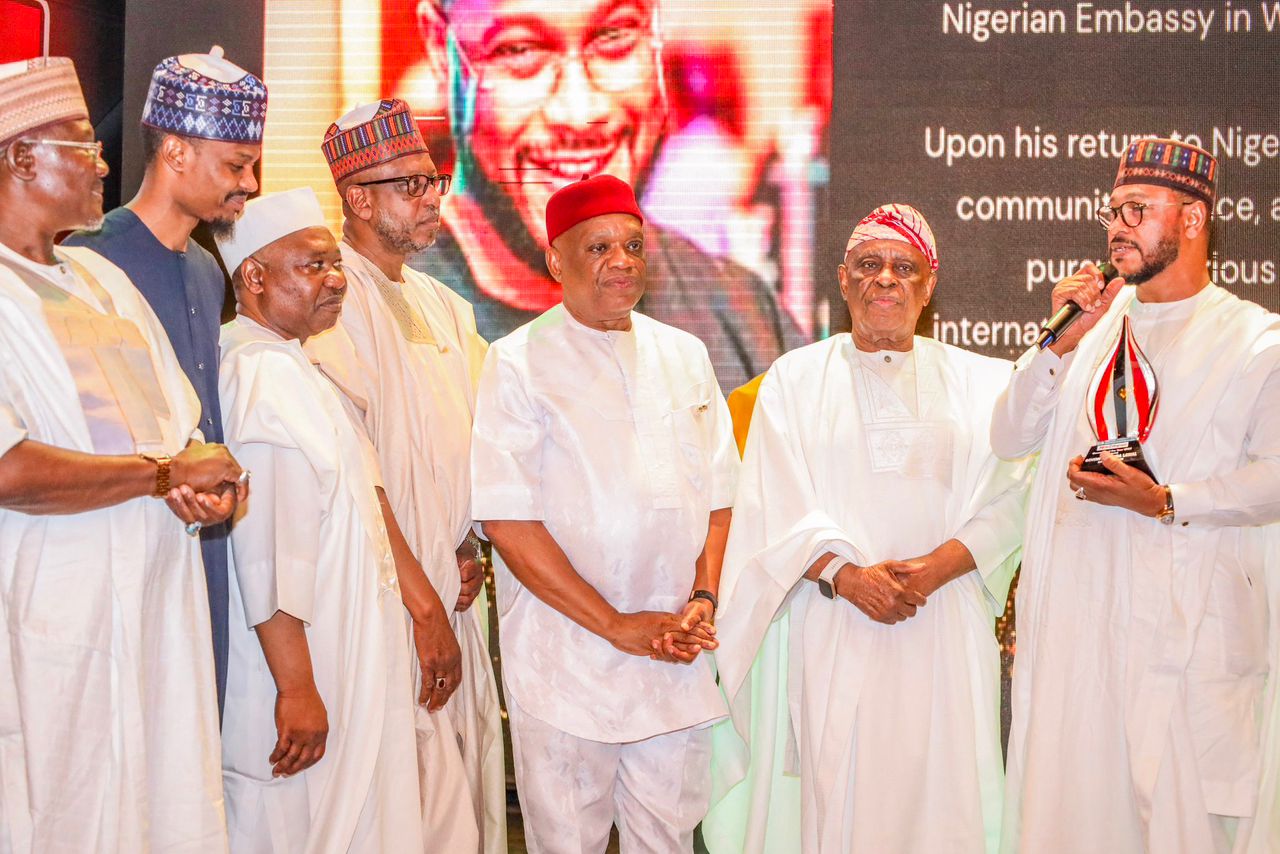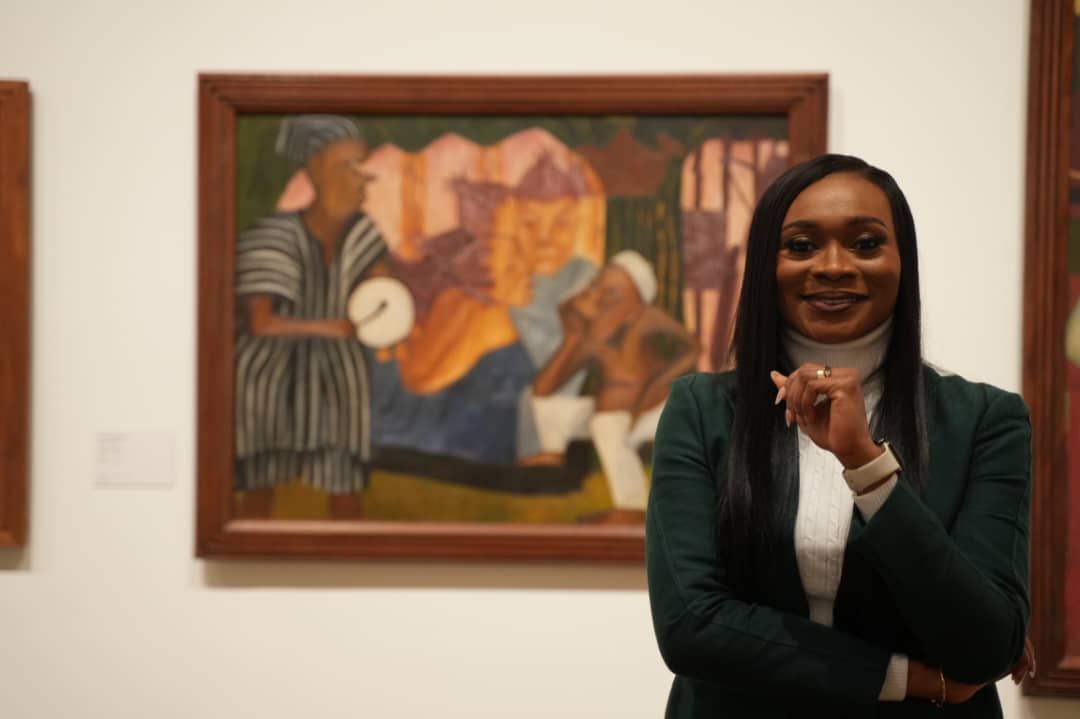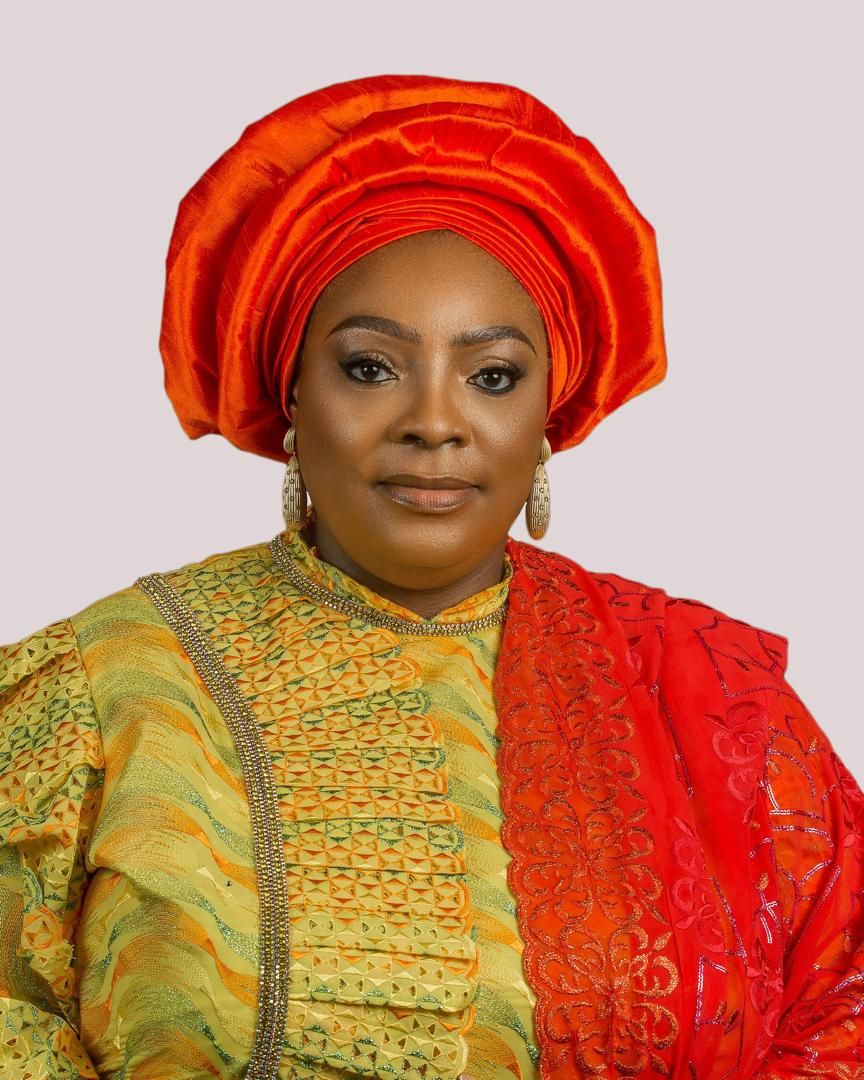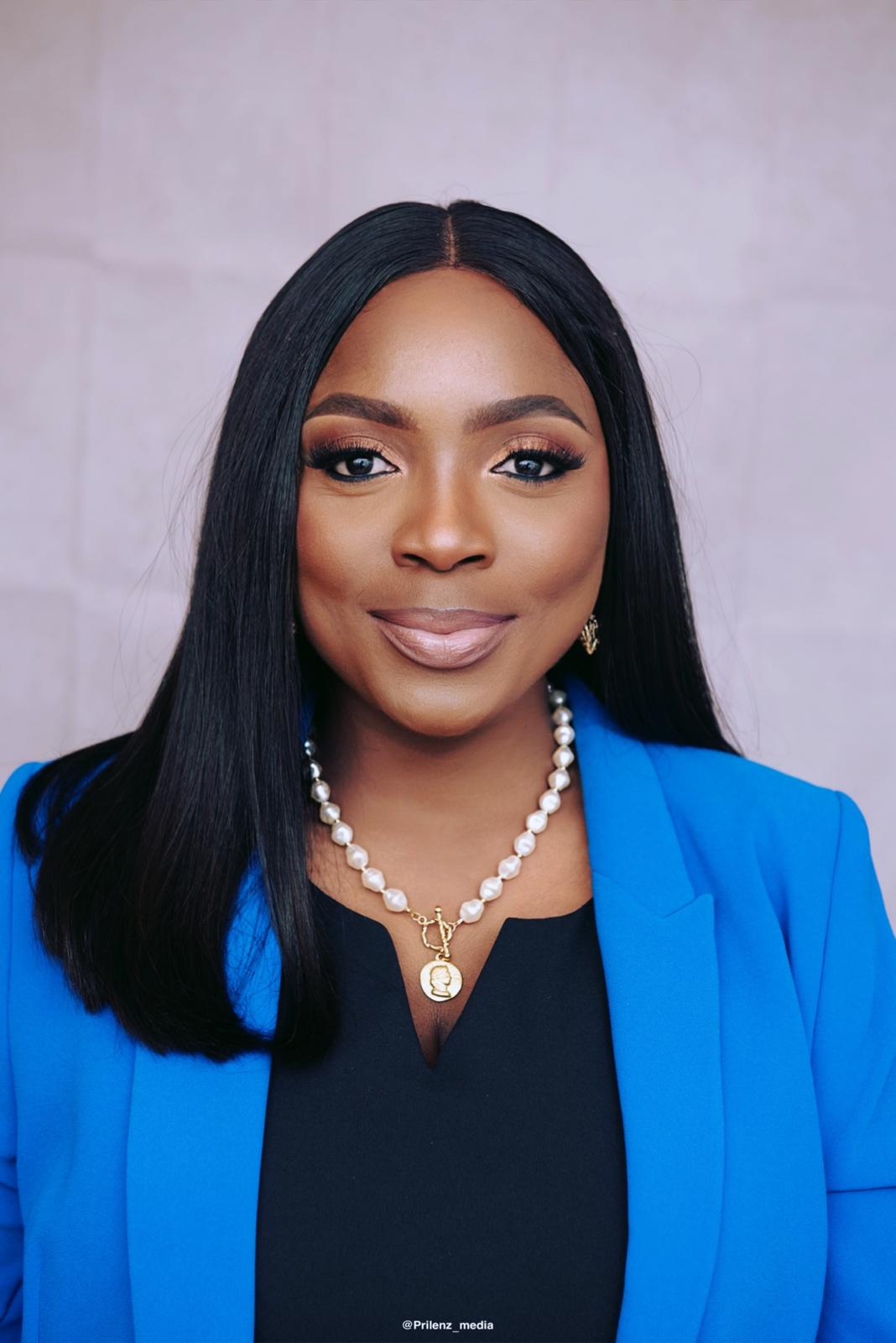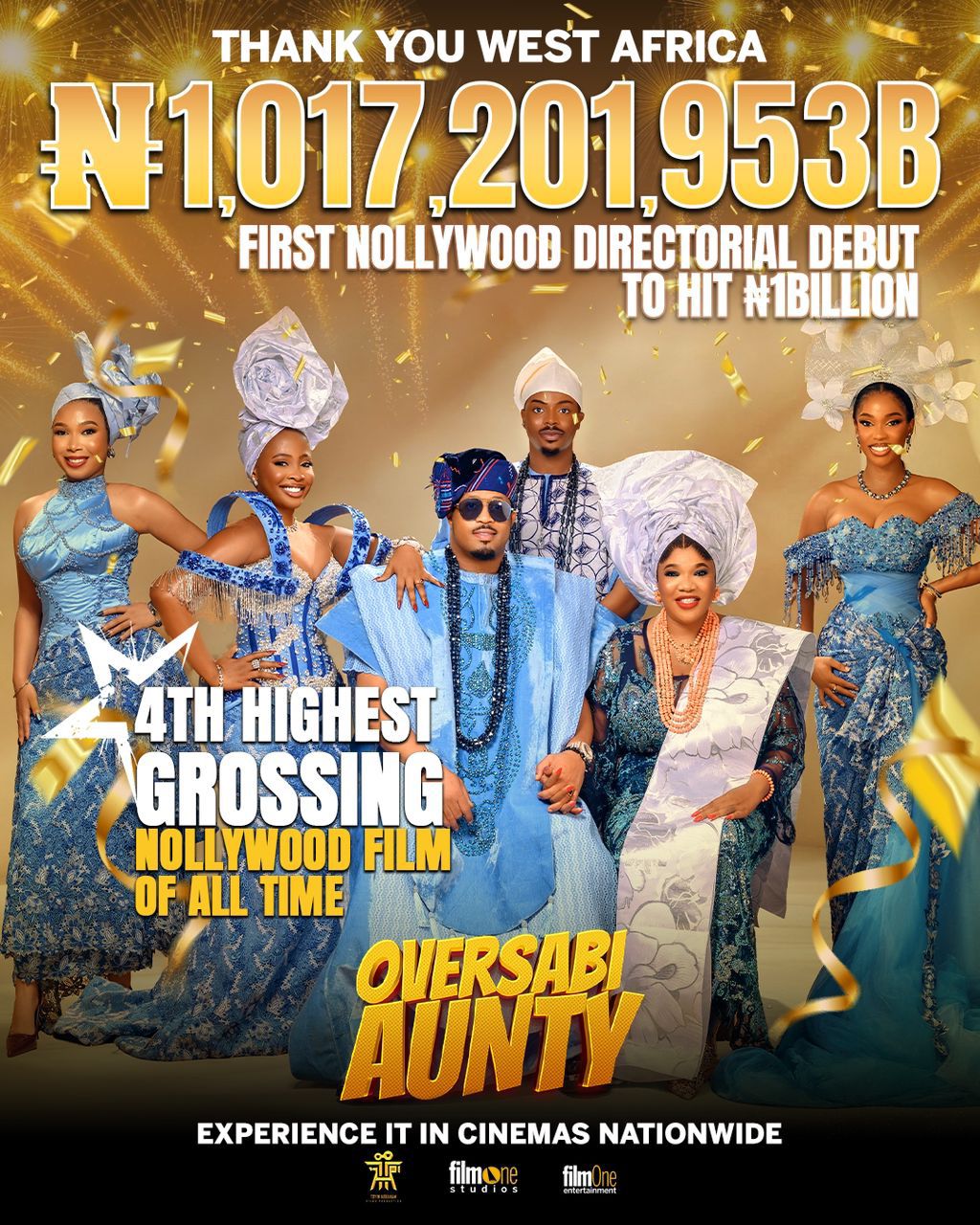‘Broken Mask’ Inspired By Personal Experience, Self-obligation Against Child Molestation –Kaghor Idhebor
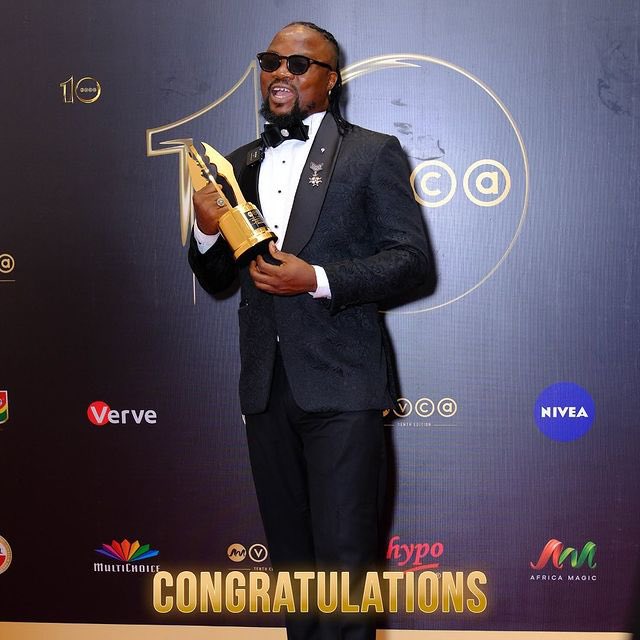
Kagho Idhebor, filmmaker and director, joins the long list of Africa Magic Viewers’ Choice Awards (AMVCA) winners. Idhebor produced the film Broken Mask, which clinched the award of the Best Short Film/Online Video Category, sponsored by MTN Nigeria. He reflects on the movie’s themes and discusses the various challenges encountered during the production. While contemplating the future, Idhebor emphasises the crucial role corporate sponsorships can continue to play in instilling confidence and encouragement in storytellers as well sheds light on the crucial role of corporate partnerships and sponsorships in empowering emerging filmmakers and amplifying their voices within the industry through award initiatives like the AMVCA.
What is the inspiration behind Broken Mask and were you able to tell the story you sought to tell?
Broken Mask is a story I told out of self-obligation. There was a certain time, you know, when you look at the internet or your neighbours, it was always this random news of child molestation everywhere. Sometimes, I used to say to my friends that if this ever happened to me or my relative, I would deal with the culprit severely.
One day, a close friend told me her molestation story by her uncle. It struck me that anybody can be a victim, it’s even closer than we think. You know when certain situations occur and you suddenly feel the need to do more to protect those around you, that’s how I felt when my friend confided in me. So, I started writing about it, converting it into a story – a script, that was how I began my journey towards healing. Child molestation is a pandemic that a close-knit family member or friend often perpetrates. This is why it is often swept under the rug and covered up to prevent denting the family’s image. The victims end up growing up with the trauma, victimized, the hate, and they continue to reflect it in interactions with the opposite gender or other children.
I started writing about it and I created my sort of karma. When this kind of thing happens, the victims are the ones who are left to suffer, and the culprits go scot-free. There are only a few cases where somebody that gets hurt blows up and you hear it on the internet. You never really get to see what happens to these culprits who are endangering the lives of young children. So, in my film, I created some sort of karma where people think they have succeeded in keeping the crime a secret, but in truth, the universe is watching. The film’s genre is magical realism where you must play with African spirituality and some sort of cosmic forces and artistry and how the world is not just what we think it is.
Some forces have the responsibility to instil justice and karma in cases where people are helpless. And I used ART as a tool to form vindication, a weapon for the voiceless. So, I use motive in passing my message on the film. The film speaks of justice, about Africanism. I had a story I wanted to tell, and I told it. The film has been screened in a lot of festivals around the world.
There was a time I presented the film in Egypt. I had this friend at the festival who hadn’t seen my film at the time. When I got to my seat, she hugged me so tight and wouldn’t let go. When I eventually pulled away, I noticed she was crying. I asked her what was wrong – she said this thing happened to her when she was a child, and she has never told anybody, not even her husband. I was the first person she told.
While also prepping for the movie and doing some research, seven of the ten ladies I spoke to had experienced child molestation. Of the seven ladies, four confirmed that the molester was close to the family. You can see traces of how they are trying to heal from that kind of child trauma that has lived with them all their life. So that is the basis of why I felt obligated to tell this story.
What were the challenges you experienced in the movie production?
The first thing about films is that from the day you start writing till you finish, there will always be challenges, and they always appear in different forms. For me, the biggest challenge was raising funds for the film. It took me almost three years to save the money to make this film. I had to look for a child who could dance and master the choreography. I constructed a home for the artist, made a mask that suited the character, and created a costume. I wanted something very authentic and I am glad I achieved it. I made a lot of sacrifices so I could make the film in the way I wanted.
What role do you think corporate sponsorships like this play in the film industry?
I think corporate establishments can go a very long way in empowering filmmakers. Personally, I feel incredibly happy and appreciative of MTN, giving me platforms to express myself and publicise my work. It encourages people to dig deep into their dreams and make it a reality. This is a very prestigious film festival, and to gain some recognition by winning an award for your film, then you must have done some level of hard work, and it is good to know that hard work is not forgotten but dutifully rewarded.
Do you have any upcoming projects you plan to work on and how winning this current award might influence your future projects?
I feel winning this award has given me an edge, it has placed me on the map, and I still feel like this is just the beginning of my journey as a filmmaker, it is not the end. It’s an encouragement, a reward for hard work and hard work never stops. As an artist, I keep working, there’s always something in the pipeline, there’s always a film, and there’s always something to tell. MTN has sponsored this category, and if I have a film or a project I want to work on, I can say it will open doors for me. I can easily say ‘I am Kaghor Idhebor, the latest AMVCA short film winner’ and it will attract some attention. So I will keep working, and as I keep developing myself, I believe I will get sponsors, and platforms for my work.
What advice would you give to other filmmakers who want to tell their stories and make an impact?
First, you must be humble and hungry to learn. You need to be groomed properly before you appear in public because these days, there are easily accessible platforms and applications that make it considerably easy for any talented person to become a filmmaker from any location. You can shoot a film with your camera and other tools, but what makes you a filmmaker is the depth of the story you’re telling. From experience, I would encourage filmmakers to be eager to read and learn about anything, about life, enrich your mind because your mind is what you’re expressing and not the tool.
Secondly, I would suggest that filmmakers learn to embrace authenticity. It is important you have your voice and your own story. Everybody in this world has their own story, orientation, their upbringing, so embrace yourself, and be authentic in your art, because authenticity separates the wheat from the tares. It is what makes you stand out.





